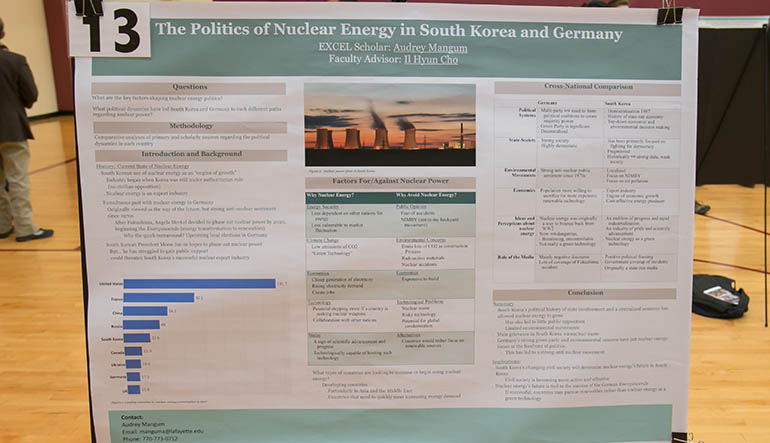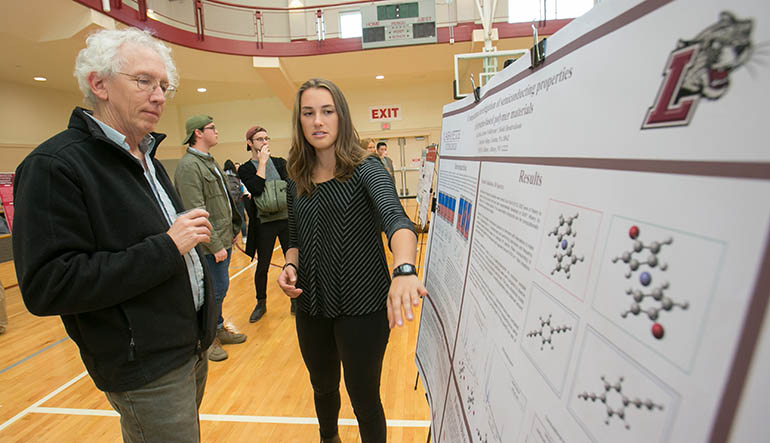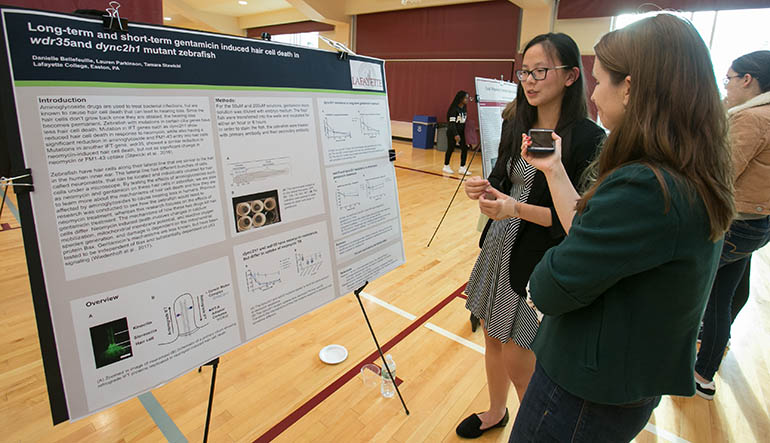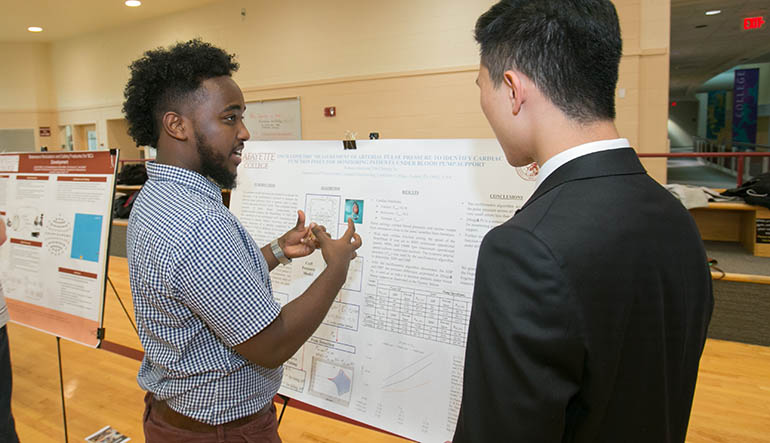
Two countries with strong economies and a history of using nuclear energy to power growth are pursuing different paths as political forces and public opinion shape perceptions of the nuclear industry.
Audrey Mangum ’21 (government and law, economics minor), assisted by her faculty mentor, Il Hyun Cho, associate professor of government & law and Asian studies, have been comparing nuclear energy policy in South Korea and Germany, both of which are being influenced by a variety of political, economic, and environmental factors.
“I specifically researched the key factors shaping nuclear energy politics and how the political dynamics of each country have led them to pursue vastly different paths regarding nuclear power, with Germany choosing to phase out nuclear power and South Korea’s continued use of nuclear power and success exporting nuclear reactors,” she says.
Germany’s historically strong environmental movement has placed nuclear power issues at the forefront of politics, leading to a strong anti-nuclear movement. Consequently, after the 2011 Fukushima nuclear accident in Japan, Germany decided to phase out nuclear power and begin its Energiewende (energy transformation to renewables).
“In contrast, South Korea began its nuclear industry while still under authoritarian rule; its history of top-down decision-making allowed for little public opposition and limited environmental movements until the 1990s,” Mangum says. “Civil society in Korea has been more focused on issues of democracy, rather than environmental concerns.”
Decisions made by both nations will ultimately have global implications, she notes.
“As South Korea’s civil society becomes more active and effective, it could alter its perception of nuclear power and, consequently, global perception of nuclear power,” Mangum says. “In Germany, the success of the Energiewende may very well determine nuclear energy’s future. If the transformation is successful, countries may begin pursuing renewables rather than nuclear energy as a green technology.”

 The human body’s circulatory system contains tens of thousands of miles of veins, capillaries, and arteries; studying and predicting that kind of complex network has its challenges.
The human body’s circulatory system contains tens of thousands of miles of veins, capillaries, and arteries; studying and predicting that kind of complex network has its challenges. 











